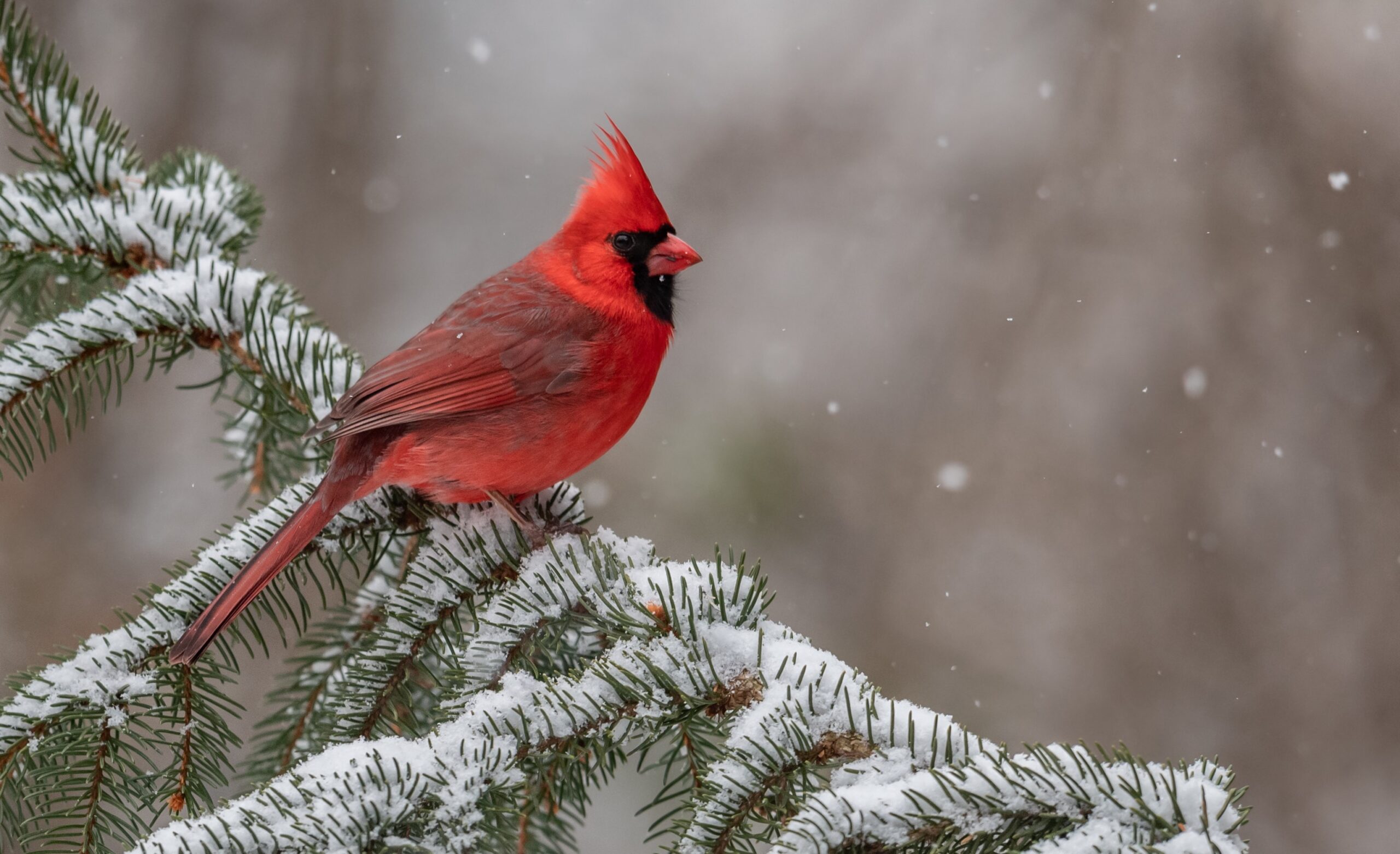“Happy Holidays” are sometimes anything but for people experiencing grief. Grief is our response to loss – such as the death of a loved one, the loss of a job or a relationship, or our own or a loved one’s declining health. Although grief is nearly universal, it expresses itself in many different ways: emotionally, psychologically, and even physically. For many people experiencing grief, the holiday season exacerbates the effects of the loss.
Everyone handles grief differently; there is no one-size-fits-all process. Our life experiences, our culture, our physiology, our current context – all these will affect how we handle grief or how long we actively grieve. We don’t “recover” from grief or achieve “closure.” We will always miss our deceased loved ones. But if we’re able to process our grief in a healthy way, we will eventually be able to function effectively, to experience positive emotions, and to return to a place in community.
Family and togetherness are key themes for the holidays. For someone who’s grieving, holiday cheer can seem like an affront, and can provoke feelings of anger, sadness, and isolation. But grief is the process by which we heal. If we don’t allow ourselves to experience it in the moment, it can haunt us later. So it’s okay to cry – even if it’s in the sock aisle at Target. This isn’t about propriety and etiquette; it’s about allowing yourself to feel and to express the grief you’re carrying with you.
At the same time, you might experience moments of happiness at the holidays (or even giddiness) despite your grief. That’s okay too. Experiencing joy and laughter during a time of grief does not mean you have forgotten your loved one.
It is important to recognize that every family member has his/her own unique grief experience. No one way is right or wrong.
Set realistic expectations at the holidays
This year is different. And your response to holiday traditions may be different too. Plan how you’ll handle cooking, entertaining, shopping, and decorating. Accept offers from others to take on these responsibilities. Scale back with a low-key meal, online shopping, and minimal or no decorating. Drive yourself to holiday events or go with a trusted friend so if you’re uncomfortable being there, you can make a quiet exit. And remember – the anticipation is often worse that the event itself.
Grief is exhausting – emotionally AND physically. Set boundaries. Don’t feel obliged to accept every invitation or show up at every event. Save your energy for the events that matter most to you. Solitude and reflection are necessary to help us process grief and heal, but being surrounded by loved ones who can hold us and hug us when we grieve – that’s important as well. Make time to reflect and spend time alone, but avoid isolation, if possible.
Create meaningful traditions
Pretending that you’re not grieving won’t help anyone – you or others celebrating with you. Consider creating some new traditions that honor your departed loved one and yourself as well:
- Have a bouquet of your loved one’s favorite flowers on the dining table at the holiday meal. Observe a moment of silence or make a toast to honor your loved one. Include your loved one’s favorite foods in the holiday meal. Leave an empty seat at the table in honor of your loved one or, if leaving an empty seat is too depressing, invite someone who doesn’t have any family to spend the holiday with.
- Create a memory box and fill it with photos of your loved one or memory notes from family members and friends. Make a decorative quilt using favorite colors, symbols, images, or pieces of clothing/fabric that remind you of the person who died.
- Place a commemorative ornament on the Christmas tree. Dedicate one of the Hanukkah candles in memory of your loved one. Play your loved one’s favorite music or favorite game. Visit your loved one’s gravesite and leave a grave blanket, wreath, poinsettia, or another meaningful holiday item.
- Pull out old photo albums and share memories with family and friends. Talk to the kids and let them know it’s okay to be sad and it’s also okay to enjoy the holidays.
Don’t be afraid to ask for help when you’re struggling with the holidays. Reminding loved ones that you’re having a rough time may be enough, but you also may want to reach out for more support. Look for support groups or contact a professional counselor to help you deal with your grief in a healthy manner. Bereavement support groups, Blue Christmas or Longest Night services, and pastoral care are options that may provide solace during the holiday months.
McLean offers bereavement support groups year-round:
- In-person, on the second and fourth Monday of the month, at 9:30 a.m.
- Virtually, on the second and fourth Tuesday of the month, at 11:30 a.m.
Pre-registration is required. To register, or for more information, interested individuals should call Leah Seleman, MSW, at 860-658-8261.


